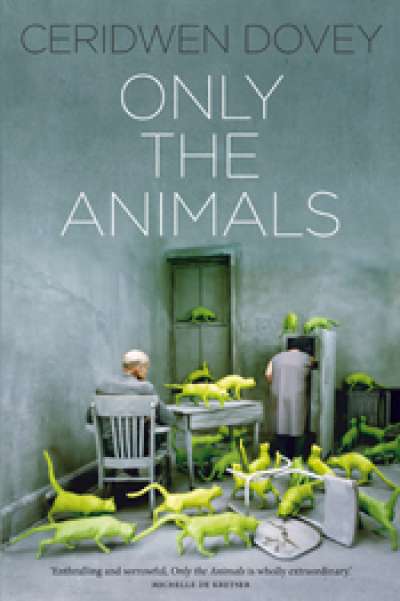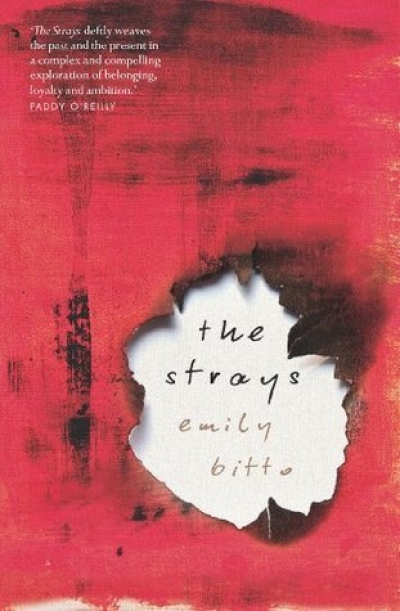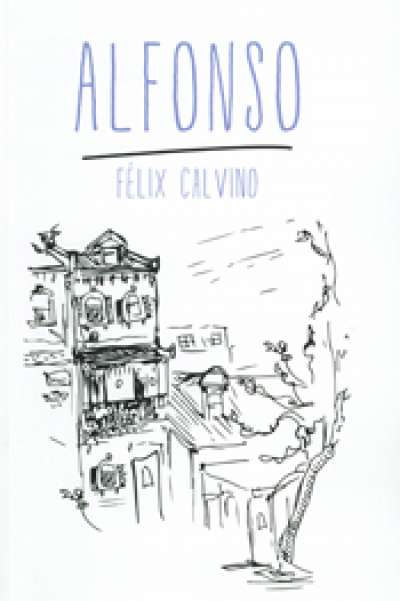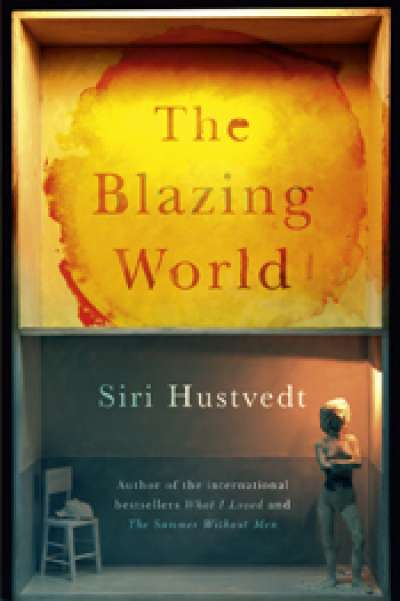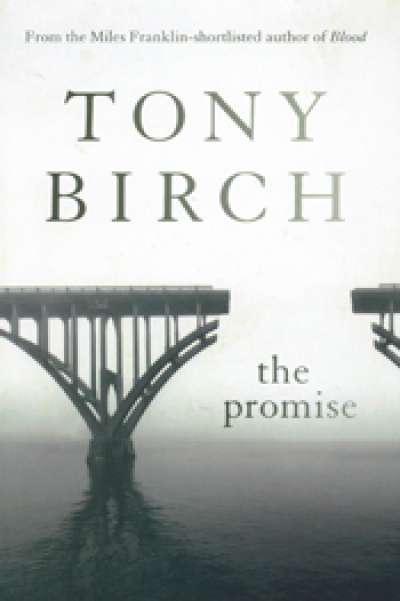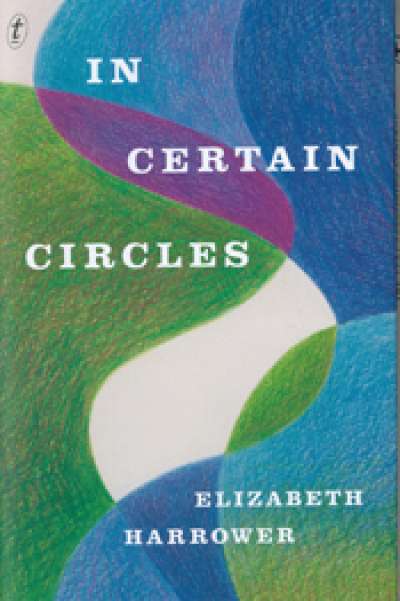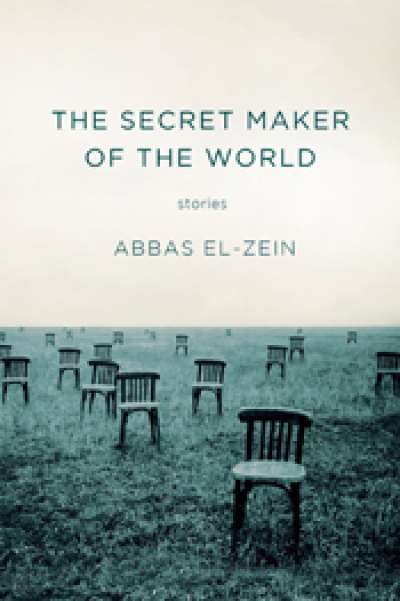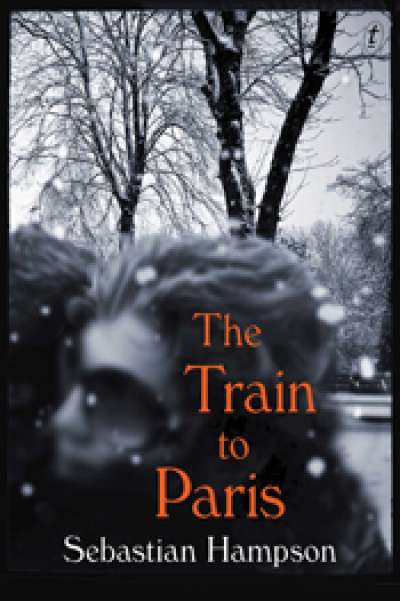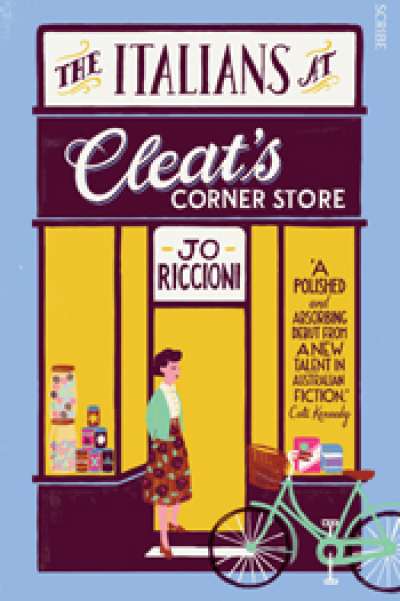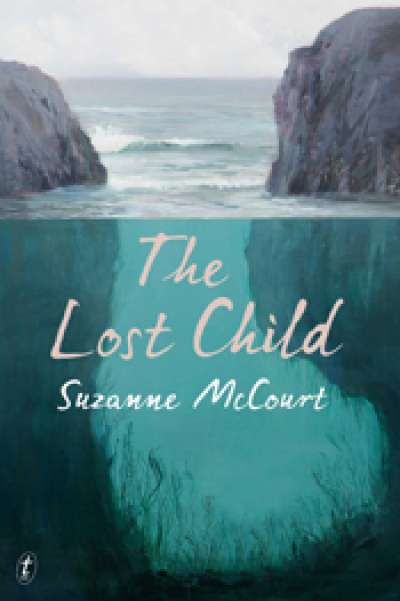Fiction
One of the animal narrators in Ceridwen Dovey’s Only the Animals, a dolphin named Sprout who is writing to Sylvia Plath, quotes Nobel Prize-winner Elias Canetti: ‘whenever you observe an animal closely, you feel as if a human being sitting inside were making fun of you.’ The ten animal souls whose thematically interwoven stories Dovey recounts do not simply ‘make fun’ of humans (far from it), but Canetti’s image of the ‘human sitting inside’ nevertheless provides an apposite introduction to Dovey’s project as a whole. Here each animal protagonist is an unashamedly literary, anthropomorphised invention, with physical and behavioural characteristics of its species grafted on in service to its creator’s startlingly original and imaginative design.
... (read more)Lily, the cautious girl at the heart of Emily Bitto’s début novel, The Strays, is befriended on the first day of school by Eva, the daughter of artists Evan and Helena Trentham. Lily’s deep connection with her ‘leg sister’ (so called because their limbs often become entangled in sleep) places her on the periphery of a colony of unconventional artists. This violable combination of artistic temperaments works well for a time, until a secret alters everything.
... (read more)Félix Calvino’s short novel tells the story of a young man who moves to Australia to escape Franco’s Spain. The strange thing about the book (given that its author has spent so long in Australia) is how unlike contemporary Australian literature it is. David Malouf has championed Calvino, but then there has always been something essentially Mediterranean about the author of Ransom. Flaubert was uncompromising in his belief that the author’s opinions and even ideas should remain absent from a work of literary art. If the French master thought the novel of ideas was a degraded thing, what would he have thought of the Australian ‘novel of issues’, the books (we all know them) that might have been written off the back of an episode of Q&A. Alfonso bolsters no Australian cultural myths, nor does it succumb to the equally tiresome genre that is ‘myth debunking’.
... (read more)A quote from Oscar Wilde in Siri Hustvedt’s The Blazing World crystallises the novel’s central study of adopted guises: ‘Man is least himself when he talks in his own person. Give him a mask, and he will tell you the truth.’ The book’s protagonist, underappreciated New York artist Harriet Burden, dons a trio of masks when she puts forward her art as the work of three different male artists. But many other masks emerge in Hustvedt’s telling, which takes the form of Burden’s personal notebooks as well as accounts from her assorted friends, family, and critics, all compiled by the fictitious editor I.V. Hess.
... (read more)Publisher’s superlatives aside, Tony Birch’s return to short-form writing is an event to be celebrated. Following on from his Miles Franklin short-listed Blood (2011) and his two earlier collections, Shadowboxing (2006) and Father’s Day (2009), The Promise is a collection of twelve short stories united by Birch’s characteristic wit, matter-of-factness, and charm. In many respects, each of the stories in The Promise is an exploration of how the processes of age, attrition, and heartbreak wear away the rougher edges of his characters, though clearly it is what remains that interests Birch: that ember of humanity impermeable to cynicism and the vagaries of fate.
... (read more)In her 2013 interview with Ramona Koval, the octogenarian Elizabeth Harrower expressed an unreserved confidence that her novels ‘deserved to be found and … would be found’ by future generations of readers. There is no doubt that Harrower’s fiction deserves to be known, but without the initiative of Text Publishing these works may well have slid into obscurity. To date Text Classics have republished three of Harrower’s novels: Down in the City (1957), The Long Prospect (1958), and The Watch Tower (1966). Now comes the release of a previously unpublished manuscript, Harrower’s fifth and final novel, In Certain Circles.
... (read more)'Fields of Vision’, the first story of Abbas El-Zein’s collection, introduces us to a world in which tragedy is swift and often arbitrary, and if not arbitrary, at least stems from motivations so obscure as to appear so. The sniper protagonist of this story, perched atop his Beirut rooftop, picks off citizens at random, revelling in his having ‘a place in their lives’. He sits outside society and is yet an inherent part of it. This is true of all El-Zein’s protagonists, at once divorced from their various cultures and vitally connected with them. Their actions are both reactions against and definitions of the worlds from which they stem.
... (read more)Lawrence Williams is a twenty-year-old New Zealander about to commence studying art history at the Sorbonne. Stranded at a deserted train station in the French town of Hendaye after a less-than-perfect holiday in Madrid with his girlfriend, he is suddenly arrested by the sight of a woman twice his age who saunters past him in a white leopard-print dress. A few pages later, the unlikely pair are having drinks at a nearby cafe.
... (read more)During World War II, billeted Axis POWs were deemed such a threat to the morals of British women that theBritish government enacted legislation proscribing amorous fraternisation. Although these laws were rescinded in the conflict’s aftermath, Jo Riccioni’s début novel demonstrates that the appeal of the foreigner endured, as a family of Italians arrive to disrupt the postwar calm of Leyton, an east London farming community.
... (read more)This début novel by Melbourne writer Suzanne McCourt is a coming-of-age story set in the wild coastal landscape of the Coorong in the 1950s. Writing from the point of view of a child, McCourt captures the heightened sensibility of her narrator, Sylvie, to portray a family in devastating close-up and a natural world teeming with smells and sounds and sights.
... (read more)

